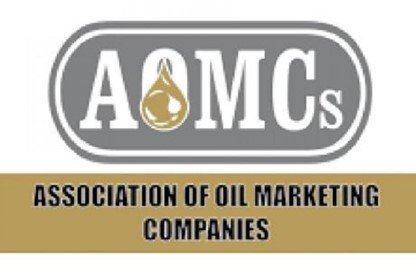
The Association of Oil Marketing Companies (AOMC) has urged the Ghana Revenue Authority (GRA) to put measures in place to reduce the burden of tax payment on Oil Marketing Companies (OMCs).
The AOMC Chief Executive and Industry Coordinator, Kwaku Agyemang-Duah, has described the current tax payment system employed by GRA as a noose around the neck of all OMCs. He explained it requires the companies to pay taxes and statutory levies on petroleum products lifted within every two-week period in 25 days, whether products had been fully sold at the retail outlets or not.
“This is not corporate tax or income tax, but taxes on petroleum products which customers pay only upon purchasing fuel at retail outlets. This means government can only get the taxes when the products are sold.
“But unfortunately, GRA however requires the OMCs to pay all taxes, whether the products have been sold or not. Failure to pay these taxes results in interest and penalty charges against the OMCs, which largely contributed to growing its debt portfolio,” Mr Agyemang-Duah lamented.
Delays
In a statement, he expressed concerns that while the GRA requires OMCs to pay taxes on products lifted within 25 days, the government’s contractors who purchase fuel product on credit sometimes take about 90 days to pay with the excuse that the state was yet to credit their accounts.
“These delays in receiving payments for products supplied to government contractors and state institutions on credit also contributed to the growing debt in 2018 and 2019,” he noted, and called for urgent realignment of the tax regime for OMCs.
Mr Agyemang-Duah disclosed that some state contractors are still indebted to many OMCs, running into millions of cedis, due to failure to pay for petroleum products supplied since 2018.
However, the taxes resulting from these inabilities of a third party contracted by the government to pay for fuel on time were charged to the account of OMCs as deliberate non-compliance to tax payments.
A-G report
On the recent Auditor General’s Report, which cited 28 OMCs as having defaulted in tax payments to the tune of GHC226.9 million between 2018 and 2019, the AOMC Industry Coordinator said the debt situation at the time was due to the inabilities of the government contractors and institutions to timely pay for the cost of fuel they took from the OMCs.
However, many of these OMCs, through appropriate channels, wrote to GRA and requested debt repayment schedules, which they have honoured wholly to its latter.
He also cited the unprecedented rise in illegal fuel activities across the length and breadth of the country during the period as a major factor.
The AOMC Industry Coordinator said the illegal fuel activities had repercussions on the businesses of OMCs, which affected their ability to fulfil their tax obligations on time, as well as their inability to honour their responsibilities to paying the salaries of workers and basic operational expenses.
He said the spate of the illegal fuel trade in 2018 through 2019 saw rippling consequences on the true OMC businesses with the major effect being increased stock turnaround time.
“The consequences of such high stock turnaround time is not only the inability to pay the taxes on the volumes lifted, but also interests and penalties charges accrue from the day of default. Should the payment of the taxes delay unusually, the interests and penalty charges constitute a greater component of the total debt, relative to the principal debt,” he said.







